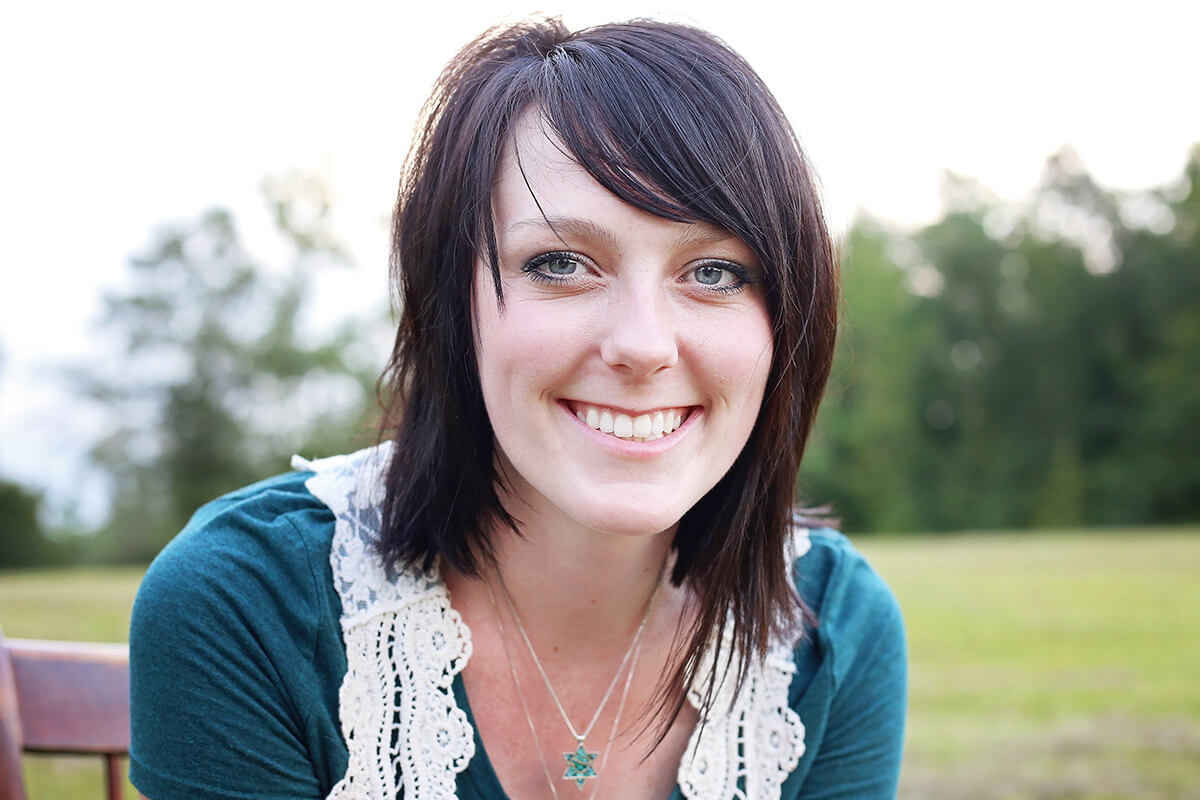 Kayla Pierce, Ph.D. student in sociology
Kayla Pierce, Ph.D. student in sociology
This Q&A is part of an ongoing series with Arts and Letters graduate students. Read more Q&As with graduate students and faculty members here.
Kayla Pierce is a Ph.D. student in sociology and a doctoral affiliate with the Kellogg Institute for International Studies. She received a bachelor’s degree in sociology from Auburn University and a master’s degree in sociology from the University of North Carolina at Charlotte. Her areas of interest include group processes, identity, and emotions.
What are you currently researching?
Since I was a kid, I have been fascinated by small-group interactions. Much of my work has focused on task groups, which include juries, committees, and teams. Right now, I am investigating emotional contagion in status hierarchies. What makes the emotions of some people more contagious than others and how is this related to the status structure of the group? We know a good bit about how status impacts a person’s behavior in a group — whether they speak, are heard, or gain influence. However, we know much less about how emotions travel from one person to another. In addition, I am interested in how a person’s emotional expression can make him more or less influential in a group.
Why is it important to explore the role of status in how emotions travel from one person to another?
We know that people pay a lot of attention to high-status people. Because we are watching them, we are reading their emotions, which could make their emotions more contagious. This could mean that high-status people are more likely to be carriers of contagion while low-status people are more likely to be catchers of contagion. And this may be more true of some emotions than others. Therefore, I’m investigating three emotions — happiness, sadness, and anger — and testing whether specific emotions are more likely to travel when they are emitted from a certain status position.
Most people encounter status structures every day in the workplace, and status hierarchies are one avenue through which societal inequalities persist. If I discover that high-status people are the most emotionally contagious, then emotions will be another dimension by which people in powerful positions can dominate, even subconsciously, those beneath them.
Understanding the conditions under which emotions travel is important for the development of interventions for unhealthy work environments. Making both carriers and catchers of contagion aware of these processes can help them safeguard against poor emotional cycles and burnout, especially in high-stress, team-based careers such as military personnel, police officers, and pilots.
When I first visited Notre Dame, I was struck by the University’s commitment to excellence, which permeates everything it does. I was also drawn to the University’s deep commitment to faith. Even though I am not Catholic, I knew that Notre Dame was a place where my faith as a Christian could be united with my dedication to high-quality research — and that both could work together for a greater good.
How did you choose Notre Dame?
When I first visited Notre Dame, I was struck by the University’s commitment to excellence, which permeates everything it does. Notre Dame prioritizes both intellectual rigor and individual well-being, which work together to help students thrive.
I was also drawn to the University’s deep commitment to faith. Even though I am not Catholic, I knew that Notre Dame was a place where my faith as a Christian could be united with my dedication to high-quality research — and that both could work together for a greater good. I knew that if I came to Notre Dame, I would not have to separate my identity as a scholar with my identity as a Christian, and I really appreciated that.
What do you appreciate most about the Department of Sociology?
Our sociology department is amazing! The faculty are deeply committed to seeing students succeed. Not only are they brilliant, they are warm and supportive. I have had excellent advisers and been able to produce fruitful collaborations with faculty.
In addition, our department has many professional resources, including paper workshops. For example, I have benefited from our department’s culture workshop, where I have presented several of my papers in progress. The department also provides us with great resources for the job market. They work hard to make the implicit information about the job search process explicit, offering job talks, practice interviews, and feedback for materials.
And I am always blown away by how awesome and sharp the other graduate students are. In our department, graduate students don’t compete, we collaborate. We critique one another and help each other succeed. When I was visiting Ph.D. programs, I knew I wanted to be in an intellectual environment that was both rigorous and supportive. I found it at Notre Dame.
Originally published by at al.nd.edu on November 12, 2018.